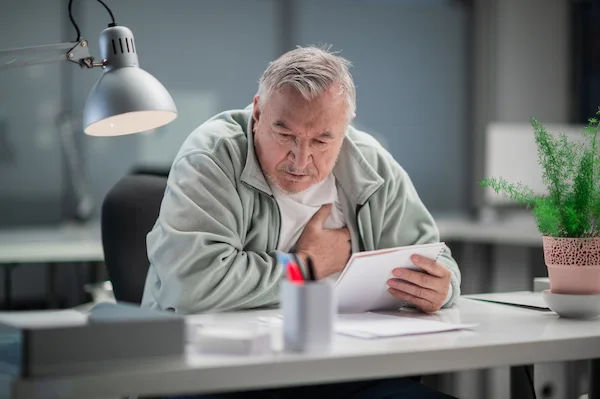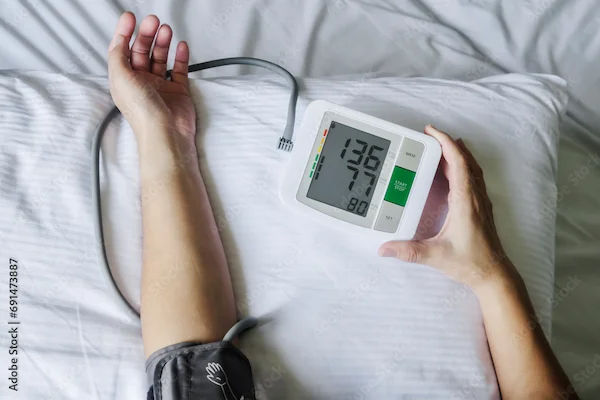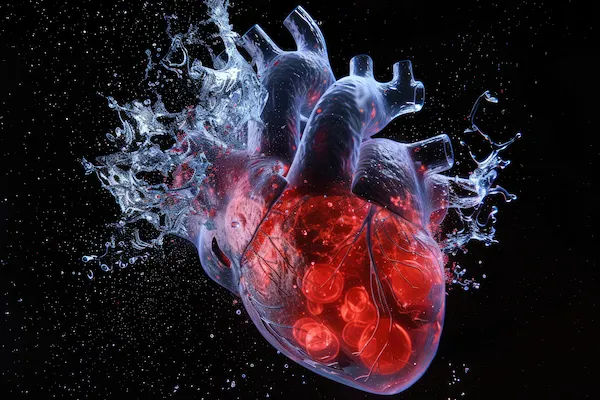- Male
- 37 Years
- 29/01/2025
I'm looking at my ECG results and I'm not sure if they're normal. My heart rate is at 101 BPM, P wave is 98 ms, PR interval is 128 ms, QRS is 98 ms, QT is 332 ms, QTc is 431 ms, PQRST numbers are 655747, and RV5SV1 is 1.8150.693 mV. Should I be concerned about any of these readings? What do these numbers mean?
Answered by 1 Apollo Doctors
Your ECG reading shows the following values: - Heart Rate (HR): 101 BPM - P wave duration (P): 98 ms - PR interval: 128 ms - QRS complex duration: 98 ms - QTQTc interval: 332431 ms - P wave axisQRS axisT wave axis: 655747 degrees - R wave in lead V5S wave in lead V1: 1.8150.693 mV Based on these values, your ECG reading appears to be within normal limits.
Dr. Anshul Suggests...
Consult a Cardiologist
Answered 04/07/2025
0
0

More Cardiology Health Queries
View allI'm trying to understand what an ASO level of 257 means. I've been having this weird sensation in my chest and my heartbeat can get really up and down sometimes. Could you help me figure out what's going on and what I should do about it?
reduce stress levels and do some slight exercices
Answered by 1 Apollo Doctors
I've been having some discomfort in the left side of my chest and it's got me worried. I'm not sure if I should see a general physician or a cardiologist for this. Could you give me some advice on which doctor would be best to consult with?
cardiologist
Answered by 1 Apollo Doctors
I'm experiencing some chest tightness and pain, and I'm not sure if it's due to an allergy or something else. I've also noticed some swelling in my face and a persistent cold feeling. It's as if my chest feels bigger and there's some issue with my stomach too. Could this be related to a chest problem, or could it be something else entirely that's causing these symptoms? What do you think might be going on?
take tablet. montec lc for 1 week continuously,all these symptoms will be relieved
Answered by 1 Apollo Doctors
Disclaimer: Answers on Apollo 247 are not intended to replace your doctor advice. Always seek help of a professional doctor in case of an medical emergency or ailment.





_3.webp)